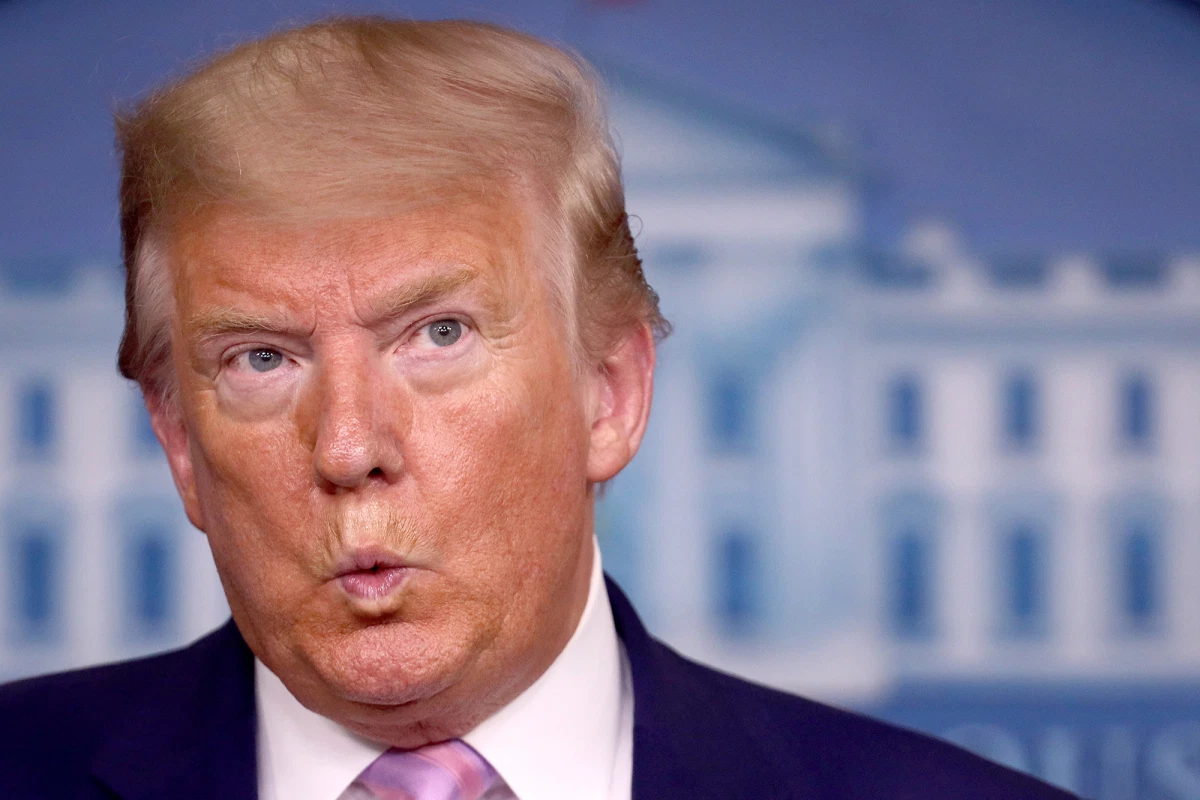Trump Follows Through on Threat to Veto Defense Bill, Citing Failure to Repeal Landmark Internet Law
December 23, 2020 — President Donald Trump on Wednesday followed through on his threat to veto the annual defense appropriations bill over the unrelated issue of liability for internet content. In a statement from Trump to the House of Representatives released today, he wrote, “I am returning, witho










Member discussion